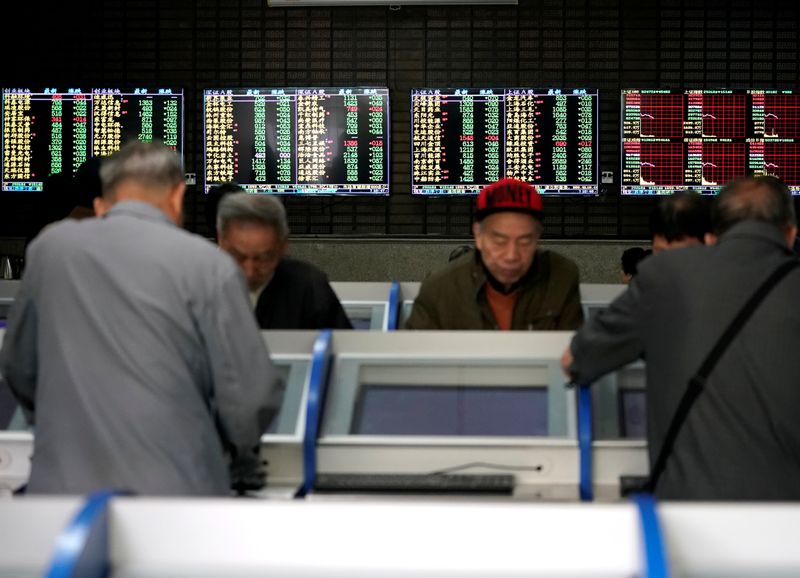By Samuel Shen and John Ruwitch
SHANGHAI (Reuters) - The number of companies seeking to go public in mainland China has jumped to about 580, a three-year high, encouraged by a slew of market reforms and a bumper year for equity financing in 2019.
It includes 420 Chinese firms waiting approval to list in Shanghai or Shenzhen, official data shows, while another 161 have applied to Shanghai's six-month-old STAR Market, China's answer to Nasdaq.
The combined number is double levels a year earlier, and the most since 2016, when there was a long queue of IPO hopefuls after officials shut down entry into the market for four months following a string of boom-and-bust listings.
"I expect China's IPO activity will continue to be very active next year, thanks to greater inclusiveness toward IPOs, and additional capital inflows," said Yang Wang, assurance partner at accounting firm EY.
The good times for China IPOs contrast with weak markets for listings globally, with sentiment hit by trade tensions and some high-profile IPO flops. Worldwide, the number of IPOs tumbled 19% in 2019 and fundraising shrank 4%, EY said.
Also helping has been a climb of 30% for China's benchmark CSI300 Index (CSI300), one of the world's best-performing major indexes this year due in part to foreign inflows after Chinese stocks were included in global benchmarks.
Some 200 Chinese companies have listed on the mainland this year, almost doubling from the total for 2018, and money raised jumped 82% to a seven-year high of 252.8 billion yuan (£27.98 billion), EY said.
The biggest reform has been the creation of the STAR Market, which has a shorter approval process and is the first mainland China exchange-run board to not make profitability a listing requirement.
Widely seen as Beijing's latest move to become self-sufficient in core technologies, it and other mainland boards have gained momentum as companies seek cash amid bruising trade tensions with the United States. In contrast, U.S. listings by Chinese companies have slumped.
Keen to reduce the Chinese economy's heavy reliance on bank lending, policymakers are likely to continue with reforms in 2020, with Shenzhen's star-up board ChiNext expected to be revamped in an effort to replicate the STAR Market's success.
Beijing has also drafted plans to improve the country's New Third Board, a now-lifeless equity market that was initially designed to fund small companies.
"China is seeking to establish a multi-layered capital market," said Gui Haoming, analyst at Shenwan Hongyuan Securities.
"The key is to reinvigorate the (stock) market, improve its efficiency, and give it a bigger role in allocating capital."
